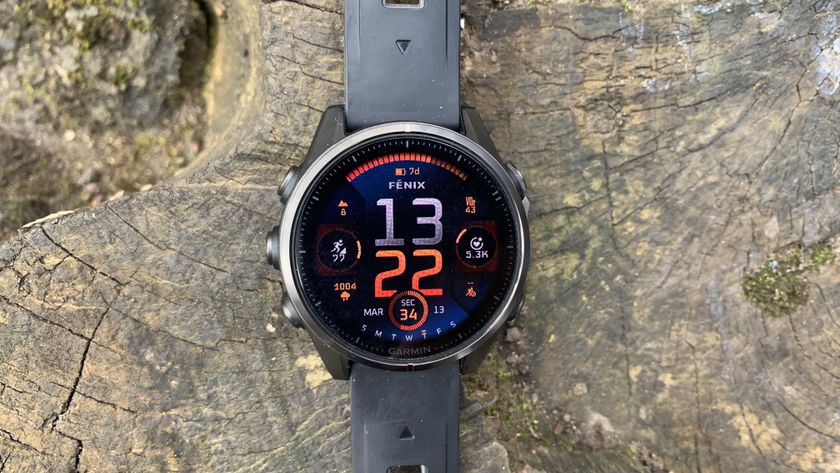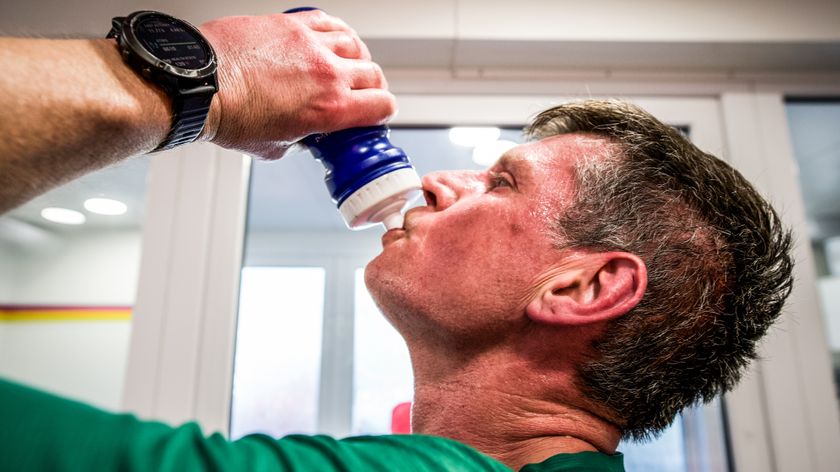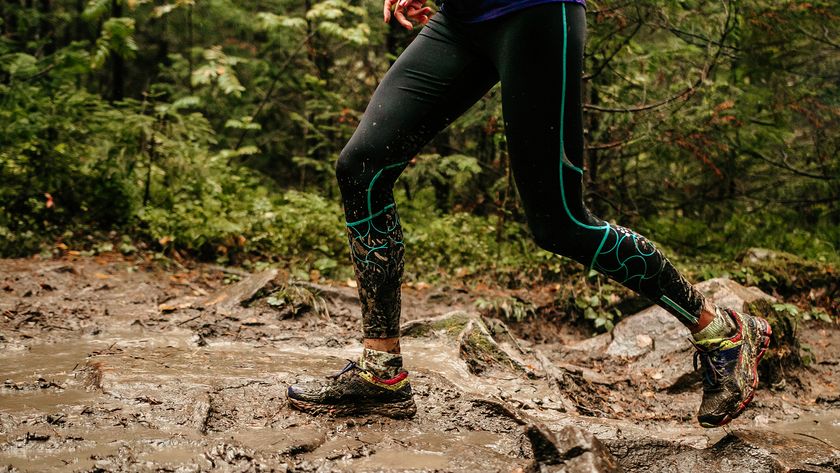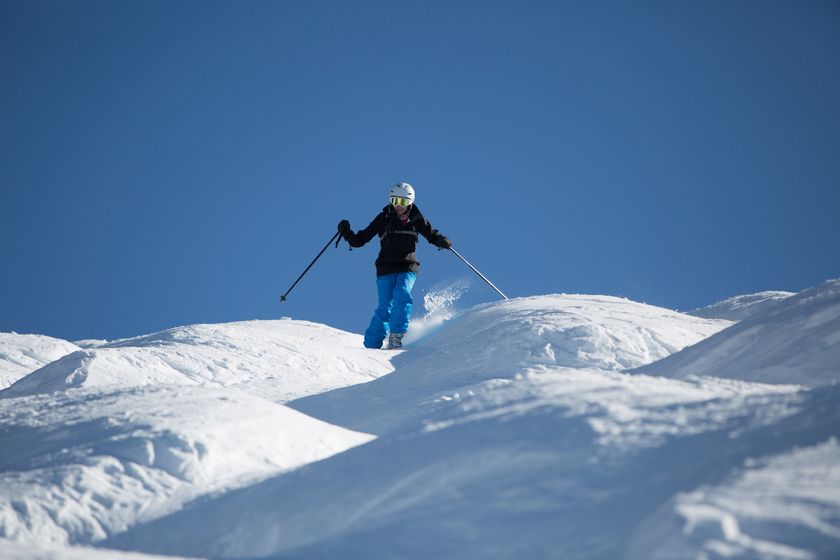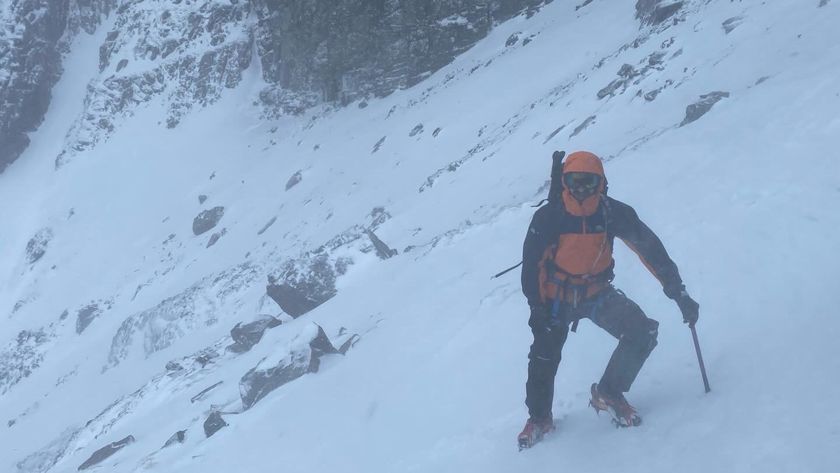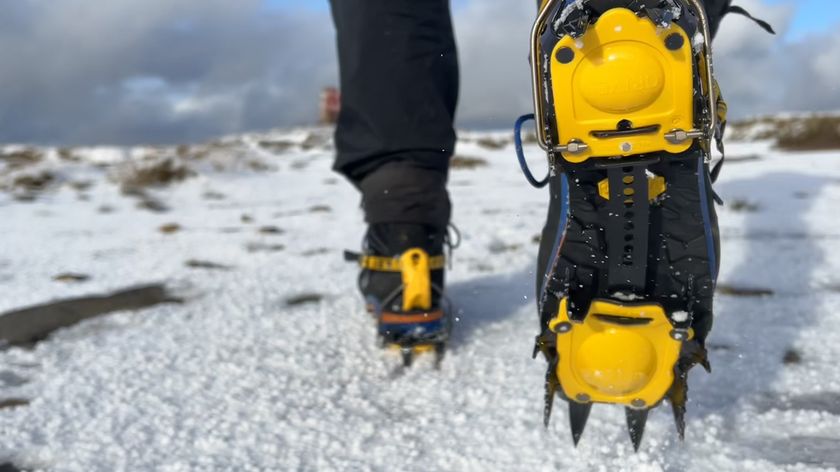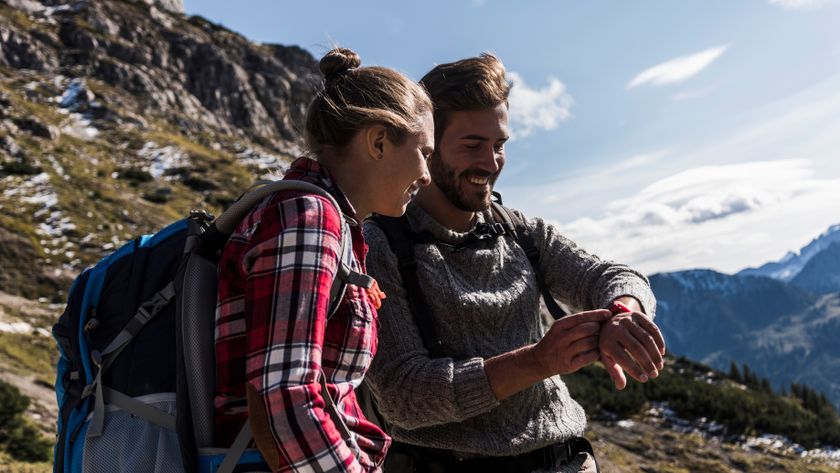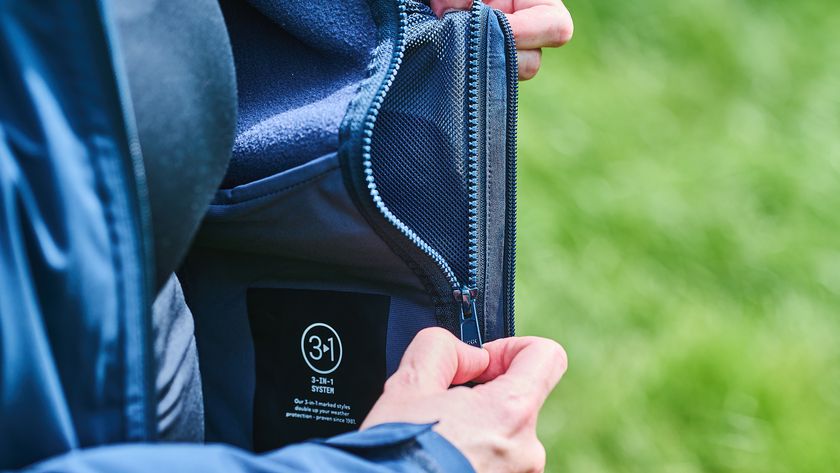How to do a scavenger hunt
Get your kids interested in nature and keep them entertained for hours with an old-fashioned scavenger hunt
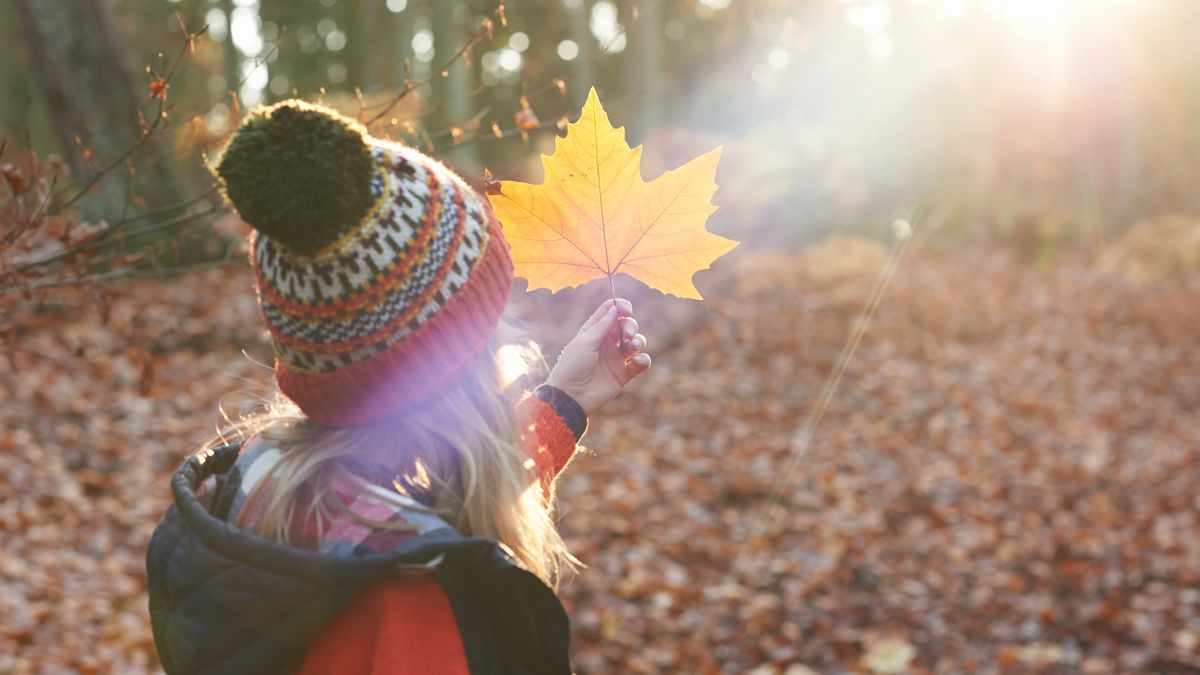
Whether you’re heading out on a family camping trip, or just trying to get your kids to spend more time outside, a scavenger hunt is an ideal way to keep young ones entertained, and you might be surprised to learn that it doesn’t need to take a lot of work on your part. While organizing a pirate-themed treasure hunt might mean you spend hours writing out clues and hiding them, a scavenger hunt makes use of your natural surroundings so it’s low maintenance, can be done spontaneously and gets your children curious about nature.
Get your kids in some hiking boots and follow our quick guide to how to do a scavenger hunt so you can all enjoy fresh air and nature time together. We’ve designed this for hiking and camping adventures, but you can easily do it in your back garden or at the local park, too.
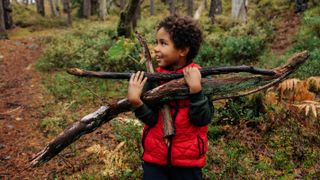
1. Identify the objects you want to hunt
Instead of bringing and hiding objects or clues like you do for a treasure hunt, all you need to do for a scavenger hunt is come up with a list of items you want the kids to search for. Of course, this requires that you know a little about the natural environment you’re in yourself, but it can be really specific (a maple leaf) or general (a five-lobed leaf or a large leaf).
Consider items such as interesting rocks, shells, pine cones and flowers that they can gather, as well as insects and small animals and birds that they can spot. Of course, you’ll need to tailor the list according to the age of the kids, but a good rule of thumb is that the younger they are, the more general you can be.
Remember – the longer the list, the more fun for the kids and the more down time for you!
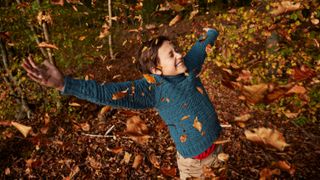
2. Give the kids the rules
If you’re having the kids look for rocks, sticks and pine cones, you might instruct them to bring them back to you like talismans so they can organize them in some special way. You can also get really crafty and have them gather items that they can use for the next game, such as sticks to build a shelter.
However, for older kids you can also have them record their findings in other ways. Give them your phone to take photographs, for example, or even give them a pencil and paper and have them sketch their treasures which adds loads of time and gets the kids flexing their creative muscles, too.
Advnture Newsletter
All the latest inspiration, tips and guides to help you plan your next Advnture!
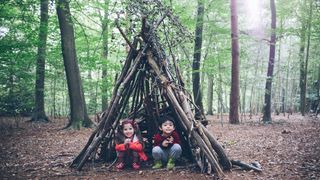
3. Relax
While the kids are hunting, you can sit back in your best camping chair, or spread out on your favorite camping blanket, and relax!
4. Come up with a good prize
Of course, the hunt itself is the main point, but it’s even better for the kids if there’s a reward at the end. If you’re camping, make a batch of hot chocolate or roast marshmallows over the campfire after the hunt is over. If you’re hiking, sneak along some sweet treats in your backpack for afterwards.
- The best hiking shoes: lightweight footwear for adventures on the trails
Julia Clarke is a staff writer for Advnture.com and the author of the book Restorative Yoga for Beginners. She loves to explore mountains on foot, bike, skis and belay and then recover on the the yoga mat. Julia graduated with a degree in journalism in 2004 and spent eight years working as a radio presenter in Kansas City, Vermont, Boston and New York City before discovering the joys of the Rocky Mountains. She then detoured west to Colorado and enjoyed 11 years teaching yoga in Vail before returning to her hometown of Glasgow, Scotland in 2020 to focus on family and writing.

